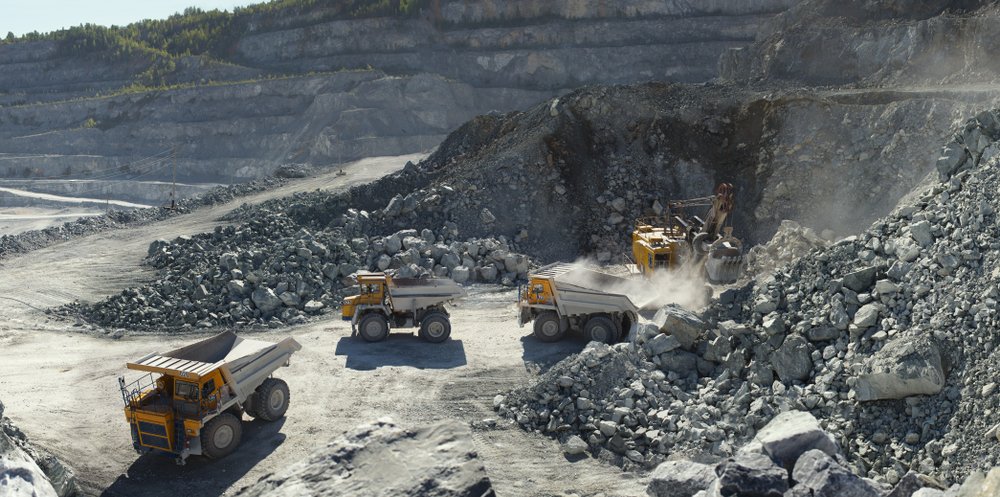Argentina’s lithium mining: hope and sacrifice

In San Miguel de Colorado, a poverty-stricken hamlet in northern Argentina, lies a vast reserve of lithium, a crucial mineral for the global transition to a green economy. International mining companies are eager to exploit this resource, but the predominantly Indigenous residents, who are among the poorest in the country, are concerned about the potential impact on their limited water supply.
The local community, aware of lithium's global significance, feels that their future is being disregarded. They fear that the extraction process will deplete their water resources, which are vital for their agricultural and pastoral livelihoods. If their water is compromised, they may be forced to abandon their homes.
While lithium offers hope for the planet's sustainable future, the farmers and herders in this arid region seek a balance between satisfying the immediate global demand for the mineral and safeguarding their long-term well-being. They are urgently advocating for their voices to be heard, urging the authorities to protect water reserves and ensure that the local population benefits from the wealth hidden beneath their feet. Their aim is to secure a fair and sustainable approach that allows them to preserve their way of life while contributing to the global demand for lithium.
“Lithium is being branded as the resource to help halt the climate crisis,” says Erika Weinthal, an environmental policy expert at Duke University in Durham, North Carolina. But local communities, “many of whom are Indigenous,” she points out, “rarely benefit from the revenue.”
Growing demand
As urgency to address the climate crisis grows, the lithium industry is expanding rapidly, especially in Argentina, where regulation is lax and royalties are low. Before 2015, there were two lithium mining projects operating here. Three dozen projects have been approved since then and are in varying phases of exploration and construction.
Román Guitián says his parents, grandparents, and relatives as far back as he knows all drank from the Los Patos river, which runs by his village in Salar del Hombre Muerto in the province of Catamarca, which neighbors Jujuy. This is the site of Argentina’s oldest lithium mine, opened in 1997, a supplier for companies like Tesla and BMW.
Since lithium production began, community members have bought bottled water out of precaution, allowing only their llamas, sheep, and goats to drink from the river for fear of contamination from the operations. Mr. Guitián worries they could lose the river entirely. A segment of the Trapiche river disappeared years ago after the same company set up a dam to collect fresh water for use in the mine, he says.
“It dried up and no one said anything,” says Mr. Guitián, the cacique, or leader, of his Indigenous community. He says six other companies are exploring in the region.
Producing one ton of lithium generally takes 2 million liters of water (just over 528,000 gallons). Brine is pumped up from underground into massive ponds to evaporate so that the remaining lithium salts can be processed. Some companies use a method called direct lithium extraction to recycle a portion of the wastewater, but it’s not a widespread approach.
Demand for lithium is expected to multiply over 40-fold in the next two decades as countries deliver on their climate targets. U.S. regulators have proposed new rules that would make two-thirds of car models electric by 2032.
The “lithium triangle” of Argentina, Chile, and Bolivia holds close to 60% of the world’s known reserves. Bolivia has long taken a state-centric approach to its lithium industry, while Chile announced a plan to nationalize the sector last month. Argentina, desperate for foreign investment to ease its economic woes, has adopted the most market-friendly model, with government royalties on exports at 3%. Royalties can reach 40% in Chile.
“Where are the studies? How do the aquifers behave? Who is going to take responsibility?” asks Mr. Guitián. “They’ve never explained that to me.”
He and other activists have organized protests for stronger protections but say local media rarely cover their concerns anymore as the region has moved forward in favor of lithium mining. But demonstrations have had an effect elsewhere in the world, leading to a pause in a lithium project in Chile and the shutdown of another in Serbia last year.
More news on Lithium and Battery metals here





